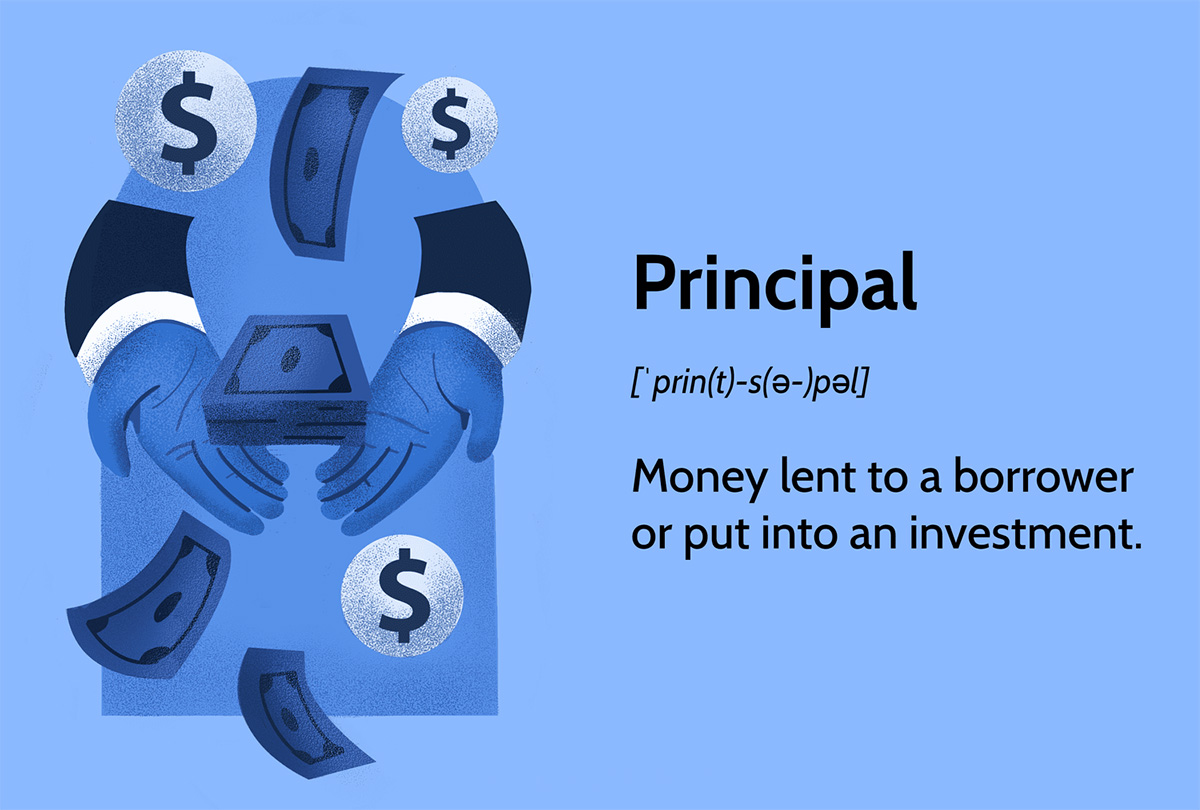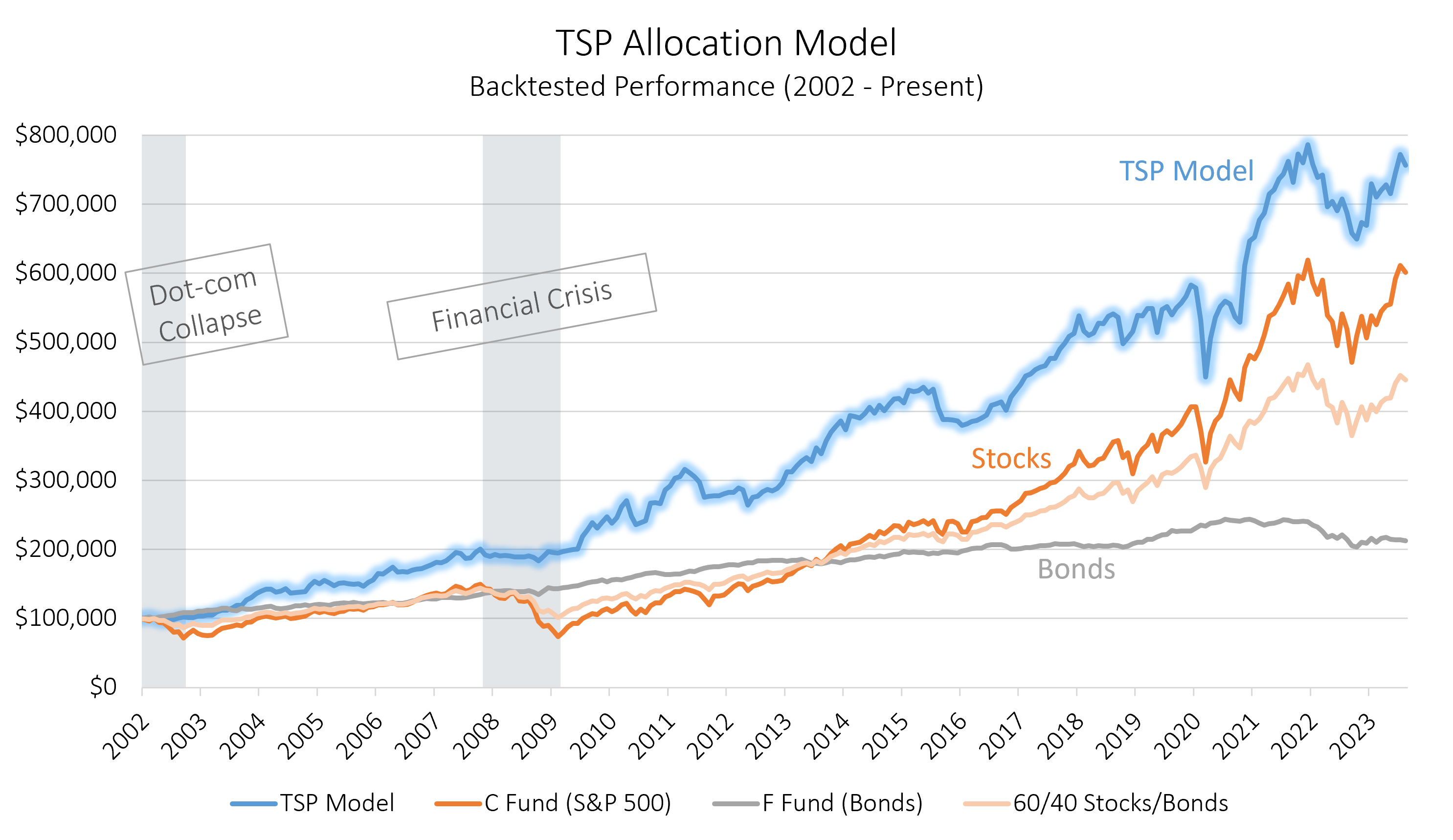Home>Finance>Principal: Definition In Loans, Bonds, Investments, Transactions


Finance
Principal: Definition In Loans, Bonds, Investments, Transactions
Published: January 11, 2024
Learn about the definition of principal in finance, including its role in loans, bonds, investments, and transactions. Explore the importance of principal in financial management.
(Many of the links in this article redirect to a specific reviewed product. Your purchase of these products through affiliate links helps to generate commission for LiveWell, at no extra cost. Learn more)
Understanding Principal in Finance
When it comes to the world of finance, there are many terms that can seem confusing at first glance. One such term is “principal.” But fear not! In this blog post, we will demystify the concept of principal and explain its definition in loans, bonds, investments, and transactions.
Key Takeaways:
- Principal refers to the original amount of money invested or loaned.
- It is an essential element in determining interest payments and repayment schedules.
Principal in Loans
In the realm of loans, the principal represents the initial amount borrowed. Whether you’re taking out a personal loan, a mortgage, or a business loan, the principal is the sum of money that you receive and agree to pay back over a specified period, along with interest.
For example, if you take out a $10,000 personal loan, the principal amount is $10,000. Over the course of the loan term, you will make regular payments that include both the interest charged by the lender and a portion of the principal.
Principal in Bonds
In the world of bonds, the principal refers to the face value or par value of the bond. When you purchase a bond, you are essentially lending money to the bond issuer. The principal amount represents the amount that will be repaid to you by the issuer once the bond reaches its maturity date.
For instance, if you invest in a bond with a face value of $1,000, that $1,000 is considered the principal amount. When the bond matures, the issuer will repay you the principal in addition to any interest earned over the bond’s lifetime.
Principal in Investments
When it comes to investments, principal refers to the original amount of money you invest. Whether you’re investing in stocks, mutual funds, or any other financial instrument, the principal represents the initial capital you put into the investment.
For example, if you decide to invest $5,000 in a mutual fund, the $5,000 is considered the principal. Any gains or losses you experience are calculated based on this principal amount.
Principal in Transactions
In financial transactions, the principal represents the main amount of money involved in the transaction. This can include buying or selling assets, making business deals, or any other financial exchange where money is the primary consideration.
For instance, if you sell a piece of equipment for $20,000, the $20,000 is considered the principal amount involved in the transaction.
The Importance of Principal
Understanding the concept of principal is crucial in finance. Here are two key takeaways to remember:
- The principal amount determines the size of your loan, investment, or transaction.
- It plays a crucial role in calculating interest payments and repayment schedules.
By grasping the concept of principal, you will have a better understanding of the financial transactions you engage in, whether it’s taking out a loan, investing, or participating in other financial activities.
So the next time you hear the word “principal” in a financial context, you can confidently navigate the discussion and make informed decisions regarding your financial goals.














